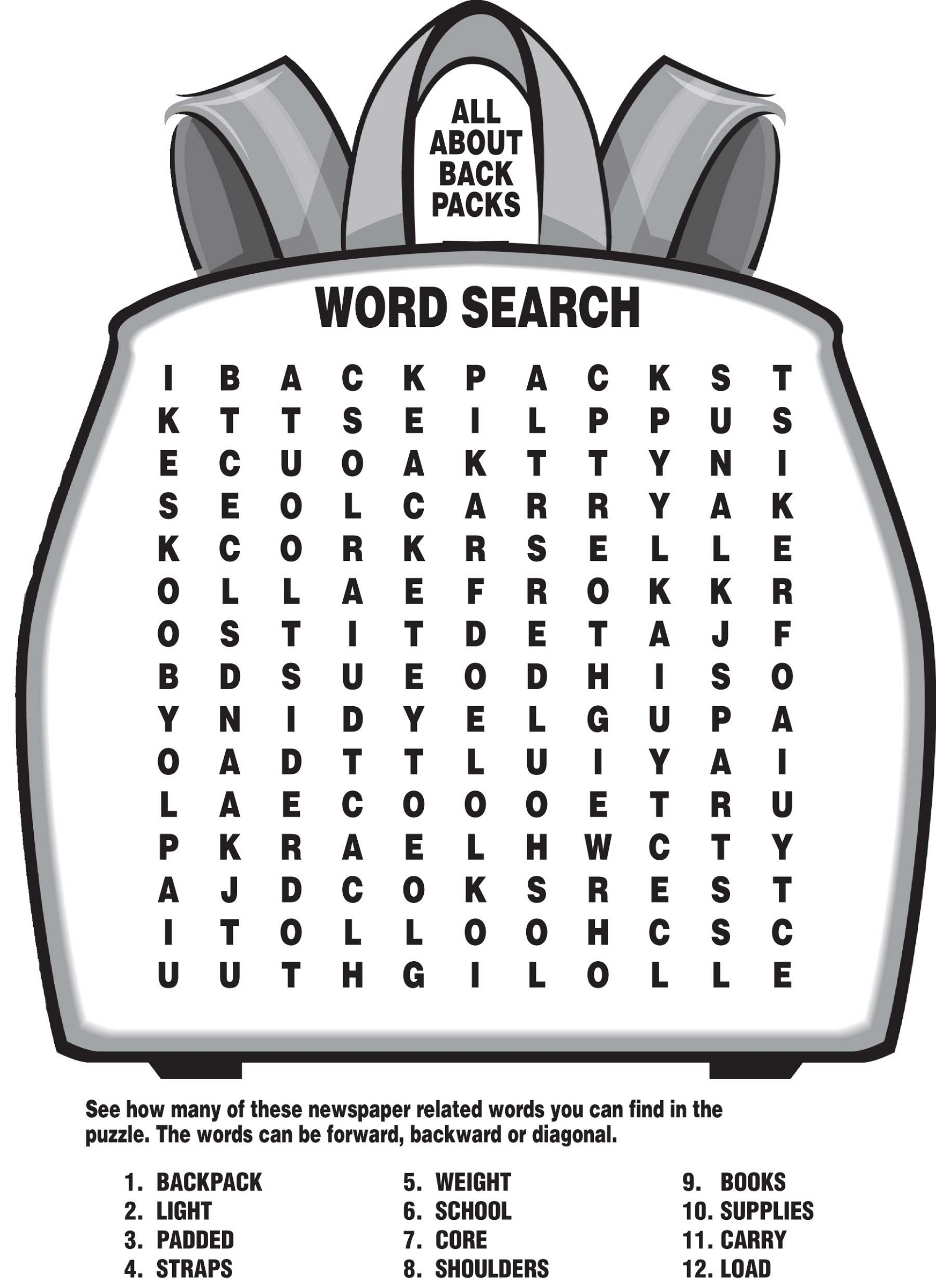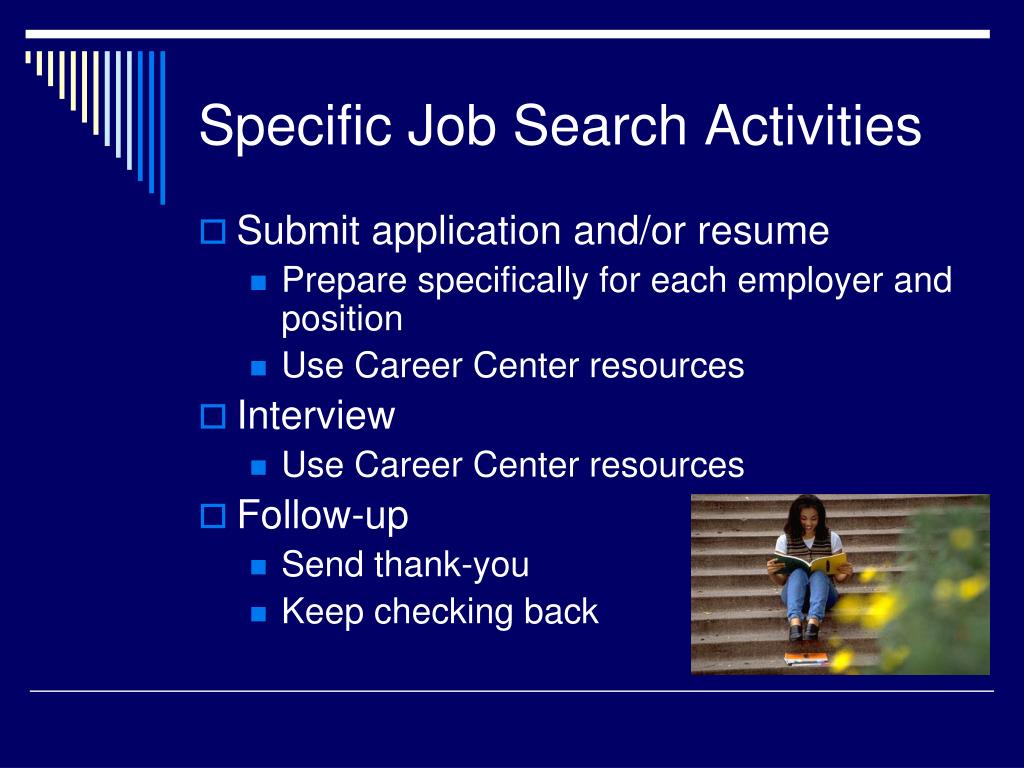

the wage is lower than the minimum wage in the province or territory where you are looking for work.the position offered is vacant due directly to a strike, lockout or other labour dispute.the nature of the work is contrary to your moral convictions or religious beliefs.the hours you are required to work are not compatible with your family obligations (for example, you are a single parent working evenings or nights).your health and physical capabilities do not allow you to commute to the workplace or perform the work required.Several factors determine what will be considered suitable employment, including: Personal circumstancesįor example, job opportunities may not be considered suitable employment if: The definitions of suitable employment and reasonable job search are below. Support available to help you with your job search activitiesĪs an Employment Insurance (EI) claimant, you have always been responsible for conducting reasonable job searches, documenting your job search activities and accepting any offer of suitable employment while receiving EI regular and fishing benefits.Living in a community with no suitable employment opportunities.

The report said an estimated $6.4 trillion per year is needed across 48 developing countries - covering nearly 70% of the population in developing countries - to achieve gender equality in key areas including ending poverty and hunger and supporting more equal participation of women in society by 2030. It called funding for programs promoting gender equality and the empowerment of women “inadequate, unpredictable and inconsistently distributed among countries,” saying between 2020-2021 this government aid amounted to “a mere 4% of total bilateral aid, a notable decrease from 5% in previous years.”

The report by UN Women and ECOSOC warned that the continuing failure to make the achievement of gender equality a priority will put the achievement of all 17 goals “in peril.” goals for 2030 on issues ranging from poverty and education to climate change and human rights paints a grim picture of the gender gap, and the “lackluster commitment” globally to equality for women.Īnd in getting seats at decision-making tables, the report said, globally women hold only 26.7% of parliamentary seats, 35.5% of local government seats, and only 28.2% of management positions at work.Īs for the goal promoting peace, the report said, conflicts are escalating around the world and “a shocking 614 million women and girls lived in conflict-affected contexts in 2022, 50% higher than in 2017.” The report assessing the progress for women in achieving the 17 U,N. According to the U.N.’s findings, “ active resistance to gender equality and chronic under-investment are key factors in slow progress and, in some cases, reversals of gains already made.” It said “unequal access to sexual and reproductive health, unequal political representation, economic disparities and a lack of legal protection, among other issues, prevent tangible progress.”Īssistant Secretary-General Maria-Francesca Spatolisano told a news conference launching the report that gender equality is becoming “an ever increasingly distant goal.” She pointed to recent setbacks for women and girls living in fragile and conflict-affected countries, the impact of climate change, and “active resistance to gender equality and chronic underinvestment” that are slowing and in some cases reversing progress.


 0 kommentar(er)
0 kommentar(er)
